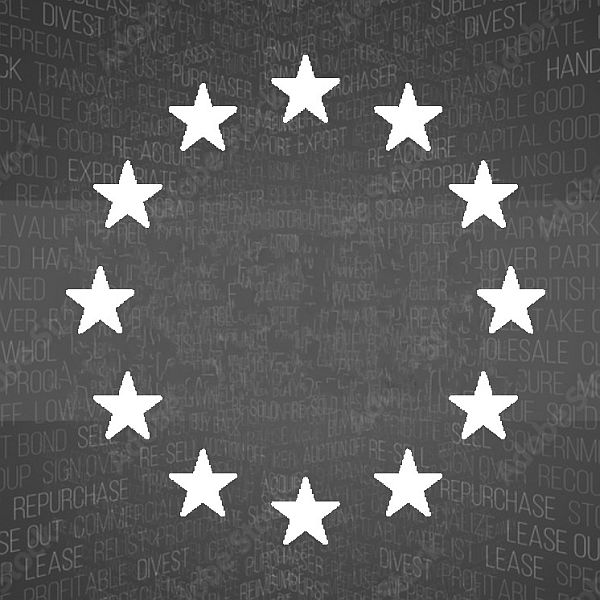Eurocodes are a set of European standards developed to ensure the structural safety and reliability of buildings and civil engineering works across Europe. They aim to harmonize design methods and practices, facilitating the free movement of goods and services within the European Union.
The purpose of Eurocodes is to provide a common basis for structural design, eliminating technical barriers to trade and promoting interoperability within the EU. They cover various aspects of structural design, including the design of buildings, bridges, roads, and other civil engineering structures.
The scope of Eurocodes encompasses a wide range of structural materials, construction methods, and environmental conditions. They address factors such as loadings, resistance, stability, and durability, taking into account the latest advancements in engineering science and technology.
Key features of Eurocodes include:
- Harmonization: Eurocodes promote consistency and harmonization in structural design practices across Europe, facilitating cross-border cooperation and trade.
- Performance-based design: They emphasize a performance-based approach to structural design, focusing on achieving specified performance objectives rather than adhering to prescriptive rules.
- Flexibility: Eurocodes provide a flexible framework that allows for adaptation to local conditions, materials, and construction practices while ensuring compliance with essential safety requirements.
- Sustainability: Eurocodes encourage sustainable design principles, considering the environmental impact and lifecycle performance of structures.
- Accessibility: Eurocodes are publicly available standards, accessible to engineers, architects, contractors, regulators, and other stakeholders involved in the construction industry.
Overall, Eurocodes play a crucial role in promoting structural safety, innovation, and competitiveness within the European construction sector, contributing to the development of a unified European market for construction products and services.

